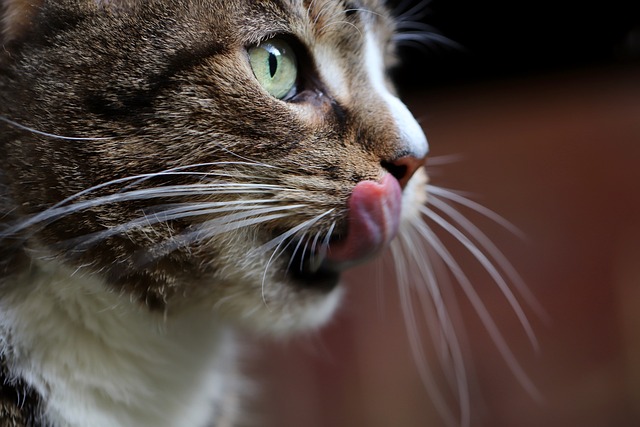Hypercalcemia in cats refers to elevated levels of calcium in the bloodstream, a condition that can have severe implications for a cat’s health. Calcium plays a vital role in maintaining strong bones, muscle contraction, blood clotting, and various essential functions. The body usually regulates calcium levels closely, allowing only the necessary amount to be available at any given time. However, certain medical conditions can disrupt this balance, leading to elevated calcium levels.
Causes of Hypercalcemia:
- Idiopathic Hypercalcemia: The most common cause where elevated calcium levels persist without a clear underlying cause.
- Renal (Kidney) Disease: Severe kidney disease can disrupt normal kidney function, leading to mineralization and elevated calcium levels.
- Hypercalcemia of Malignancy: Some cancers release proteins that stimulate bone tissue breakdown, releasing excess calcium into the bloodstream. Common cancers include lymphoma and squamous cell carcinoma.
- Primary Hyperparathyroidism: Occurs when benign or cancerous masses form in the parathyroid glands, leading to overproduction of parathyroid stimulating hormone (PTH) and elevated calcium levels.
- Hypoadrenocorticism (Addison’s Disease): A rare endocrine disorder where the adrenal glands fail to produce essential hormones.
- Vitamin D Toxicosis: Excessive vitamin D intake, either through diet or ingestion of certain substances, can lead to hypercalcemia.
- Transient Hypercalcemia: Occurs due to dehydration resulting from water deprivation or gastrointestinal symptoms (vomiting and diarrhea). Once dehydration is corrected, calcium levels usually return to normal.
- Fungal Infections: Certain fungal infections, such as Cryptococcus neoformans, blastomycosis, and histoplasmosis, can cause hypercalcemia.
Symptoms of Hypercalcemia:
- Neuromuscular Symptoms:
- Lethargy
- Muscle wasting
- Muscle tremors or twitching
- Inability to walk
- Seizures
- Gastrointestinal Symptoms:
- Decreased appetite
- Anorexia
- Constipation or diarrhea
- Vomiting
- Renal/Urinary Tract Symptoms:
- Increased thirst and urination
- Dehydration
- Vomiting
- Blood in urine, straining to urinate (if bladder stones form)
- Cardiac Symptoms:
- Heart arrhythmia
- Weakness
- Collapse
Diagnosis of Hypercalcemia:
Diagnosing hypercalcemia involves a series of tests, including physical exams, bloodwork, urinalysis, and various other diagnostic procedures depending on the suspected cause.
- Bloodwork: A complete blood count (CBC), electrolytes, and a chemistry panel, including total and ionized calcium levels.
- Urinalysis: To screen for kidney disease.
- Parathyroid Hormone Assay: Measures the amount of parathyroid hormone (PTH) in the bloodstream, helpful in diagnosing hyperparathyroidism.
- Advanced Imaging: CT scans or MRIs may be used to identify cancerous masses or abnormalities in the parathyroid glands.
Treatment of Hypercalcemia:
Treatment depends on the underlying cause:
- Fluid Therapy: Intravenous fluids help correct dehydration and facilitate the excretion of excess calcium by the kidneys.
- Diuretic Medication: Furosemide may be used to prevent the reabsorption of calcium by the kidneys.
- Steroids: Prednisolone reduces calcium absorption in the intestines and promotes its excretion by the kidneys.
- Alendronate: An oral medication that helps reduce bone resorption of calcium.
- Dietary Changes: Prescription canned diets, such as those for gastrointestinal, renal, or urinary issues, may be recommended.
Recovery and Management:
After initiating treatment, regular monitoring through bloodwork is crucial. Cats that have experienced hypercalcemia may be prone to recurrence, emphasizing the importance of identifying and treating the underlying cause. Regular veterinary check-ups every 6-12 months can aid in early detection.
While many causes of hypercalcemia are beyond preventive measures, ensuring your cat stays hydrated and scheduling routine veterinary exams is key to early detection and management. Awareness and proactive care contribute significantly to a cat’s overall well-being.
Understanding hypercalcemia and its potential causes empowers cat owners to collaborate with veterinarians in providing optimal care for their feline companions.



